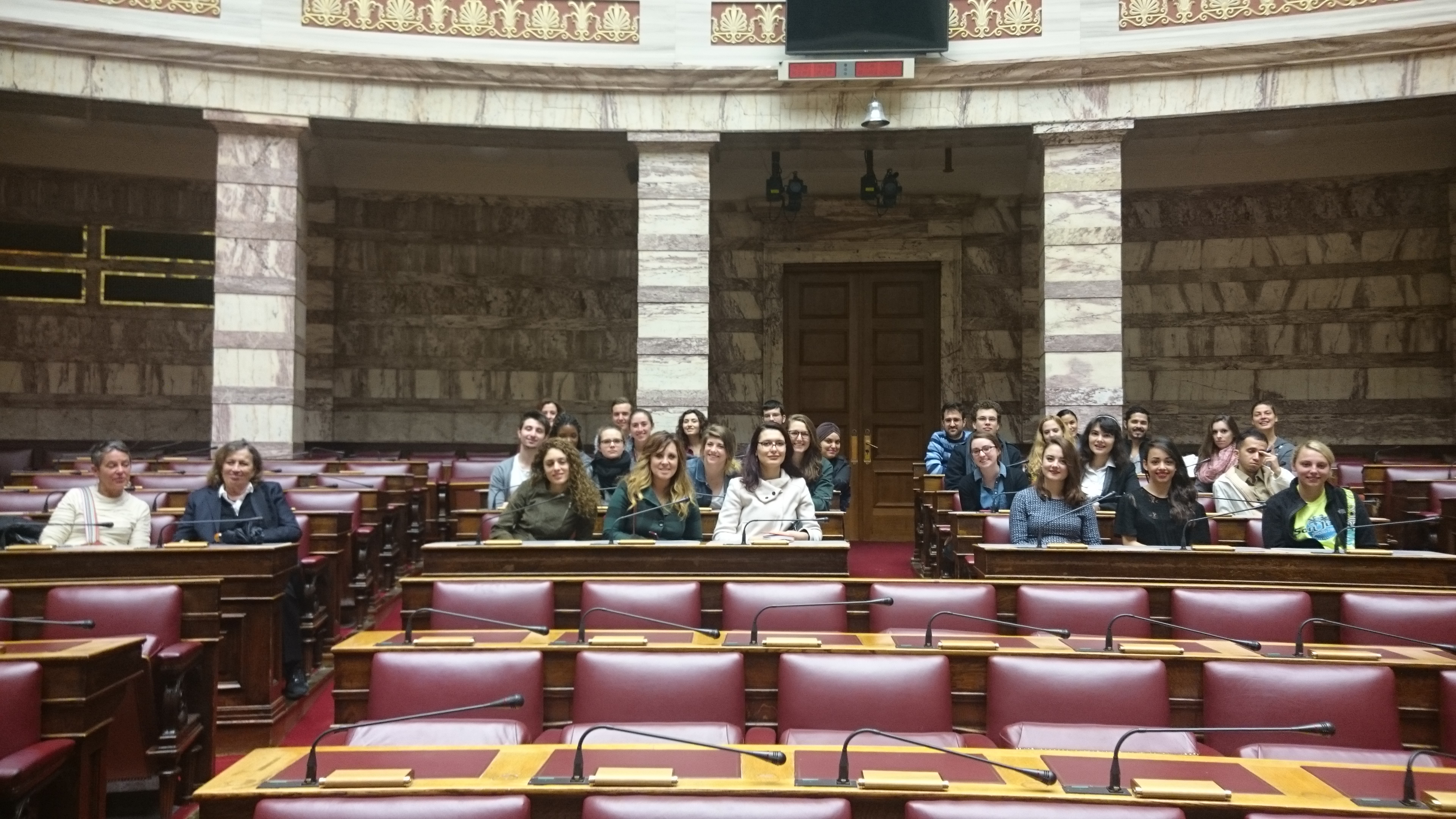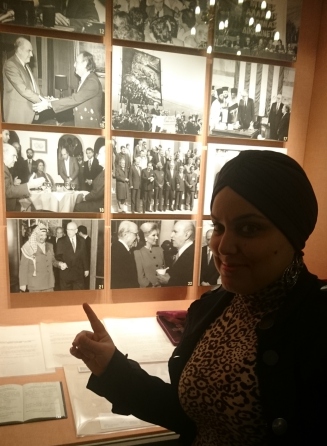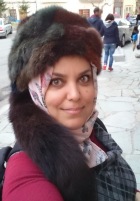: HERMA 2015
Differing Values in Elefsina
I have found myself repeatedly returning to the boat harbor in Elefsina these days. In the cool of the evening, it provides a reassuring jogging path for my weary feet to tread. I jog past the sailing yachts moored across from the superstore JUMBO, and through the empty waterfront parks that are amazing not only for their artistry, but the fact that they are almost always empty. I run past the fishing pier where local fishermen have moored their boats and display their daily catch on icy displays. I dodge through the one or two locals negotiating their evening meal and on past the bus stop before cutting back to my place. This same area has become part of my daily routine as well. Now that the famous Greek morning sun is becoming my reliable friend I have decided to make the empty waterfront park at the yacht harbor my second home! It’s quietly beautiful here! But not all places in Elefsina give me respite from my daily desire for peace. (more…)
A Palestinian Inside the Greek House of Democracy
It sounds funny when I connect my country, which has never been a democratic state, or even a real state, with the notion of “democracy”. Democracy traces back to Ancient Athens in the 6th century BC, but in my country, we are still fighting each other for a chair that we don’t have the power to control!
Lately, I have been considering being a leader for democracy; in late 2014 I was selected from the US Consulate in Jerusalem as a leader for democracy among thousands. This was honoring my activism for youth rights, but also increased my responsibilities to contribute to democracy in my country and the region.
As a Masters student in Heritage Management, I have a thirst to explore the heritage of Greece as much as possible, and I walked across Syntagma Square many times, but never thought the parliament is close to it. I learnt that “syntagma” is the word for “constitution” in the Greek language. The Hellenic Parliament Building itself has never grabbed my attention, as it seemed to me like many other buildings in Athens built in Neoclassical architectural style, until I discovered it is the house of democracy. Therefore, it became one of the must-visit sites on my list.
The building was the old royal palace which was designed for the king at that time (1934) and was completed nine years later. Since then, it has housed the Hellenic Parliament. A few weeks ago, I learnt about a tour inside the building for the foreign students studying in Athens organized by “Arcadia Study Abroad – Greece” which organize internships and exchange programs for US citizen in Greece. On Wednesday, I had the chance to observe the modern history of Greece since there was independence from the Ottoman Empire in 1821, as well as the journey of the constitution. The guide was enthusiastic to tell us everything that happened, but the most important things I remembered is that the first national parliament of the independent Greek state was established in 1843. The parliament is a unicameral legislature of 300 members, elected for a four-year term.

Here, Members of Parliament vote on important issues.
We moved between many comics describing the transition of the kingdom, the history of Cyprus, newspapers, portraits of political leaders, the restoration of the building when an accidental fire occurred at the beginning of the twenty century, and they even made the paintings in black and white to differentiate the walls which were affected by fire from others.
What attracted me as a Palestinian was a picture of the first Palestinian president “Arafat” and a document related to my country dated in April of 1992 with the heading of the Palestinian representative (even before Oslo 1993). It was the first time since I arrived to Athens to see something related to my country, even though I was very welcomed from all of the Greeks I met when they asked about my nationality. I am now so curious to know more about the relationship of my political leaders and the Greek ones in that critical period of the Palestinian Liberation Organization (PLO).

Pointing out the picture of the 1992 event
Before we left, the organizers asked us to shortly introduce ourselves. I started and nobody followed; the attendees – more than 30 people – were very curious to know about my Masters, why I choose to study in Greece, and what I am going to do with the degree when I return. I couldn’t escape them before promising to give a presentation in their organization about my Masters and its importance to Palestine!
 Ms. Jawida Mansour is a student in the Kent/AUEB MA in Heritage Management programme. She holds degrees in architectural engineering and business administration and has eight years of experience in economic development, concentrating on entrepreneurship among Palestinian youth. She is an outspoken social critic, having published numerous articles in local journals on issues related to women and youth in society. She is driven by her passion to empower women and youth both politically and economically using cultural heritage and national traditions.
Ms. Jawida Mansour is a student in the Kent/AUEB MA in Heritage Management programme. She holds degrees in architectural engineering and business administration and has eight years of experience in economic development, concentrating on entrepreneurship among Palestinian youth. She is an outspoken social critic, having published numerous articles in local journals on issues related to women and youth in society. She is driven by her passion to empower women and youth both politically and economically using cultural heritage and national traditions.
